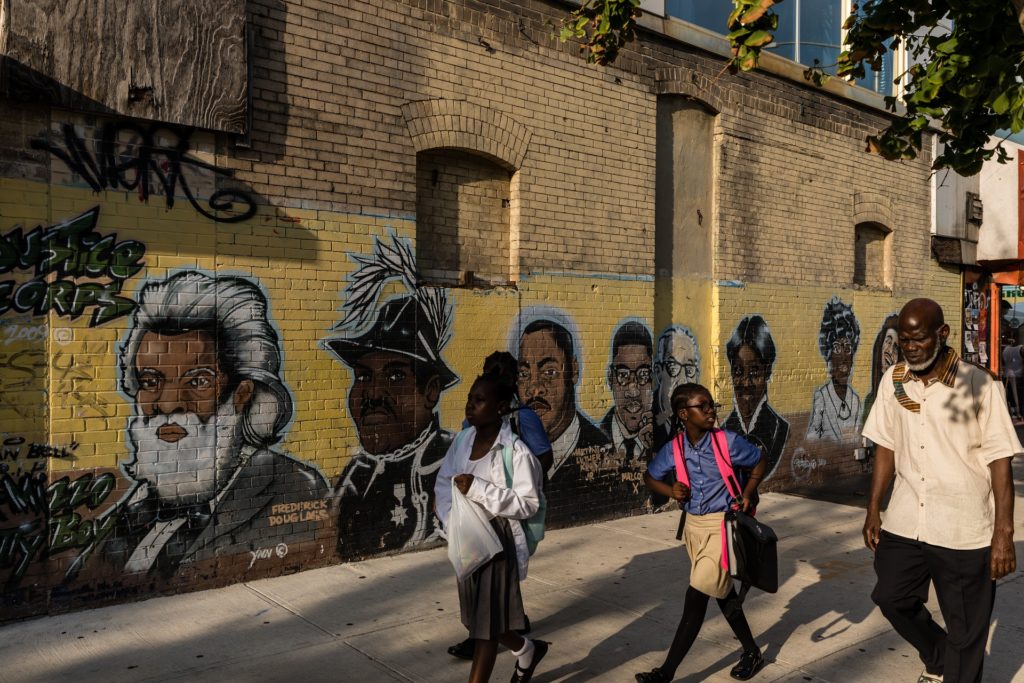Brooklyn federal court unable to hear Interfaith Hospital board member’s claims

The Eastern District Federal Court has found that a Brooklyn hospital board member’s claims of First Amendment violations by her employer cannot proceed in federal court.
Julia James was a board member of the financially troubled Interfaith Hospital (Interfaith) — serving the Brooklyn neighborhood of Bedford-Stuyvesant — when Interfaith made the decision to file for Chapter 11 bankruptcy.
James claimed that she was vocal against the bankruptcy filing because, in her estimation, the hospital was not insolvent, and that her protests are what led Interfaith officials to terminate her employment with the facility. Her objection to the bankruptcy filing notwithstanding, James further asserted that documents pertaining to the filing were invalid, since they were not presented to or voted on by the board prior to being filed in Brooklyn’s bankruptcy court.
